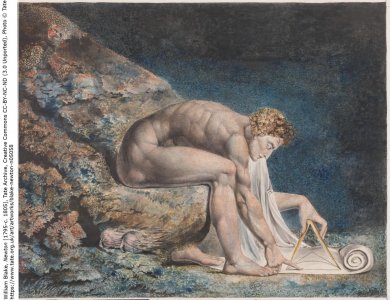The mind in chiaroscuro. Notes for a definition of the psychological humanities
Abstract
This paper aims at providing a first definition of psychological humanities, by which I indicate an interdisciplinary approach that interpolates psychological and empirical sciences with humanities, social sciences and the arts, carrying out integrated analyses of the luminous as well as the obscure aspects of the mind. In order to exemplify the perspective of psychological humanities, we highlight the paradoxical and only partially dichotomous connection of psychology (in all its declinations) with the humanities, as far as language and research methods on the chiaroscuros of the mind are concerned.
Moreover, drawing from the wide range of metaphors, images and discourses that link reasoning to transparency and lucidity, and mental illness to darkness and obscurity, we will see how these relations can be reversed in both scientific and literary discourses, and, as a consequence, how the concepts of transparency-obscurity and of health-illness are described in contradictory ways.
Then, in order to further exemplify the conceptualisation of the chiaroscuro mind in psychological humanities, we will focus on passages from John Bayley’s Iris: A Memoir of Iris Murdoch (1998) and Jonathan Franzen’s “My Father’s Brain” (2002), where two opposing mappings of the brain are represented: the medical-scientific brain scans (which seek clarity and objectivity, and imply clinical distance) are opposed to and integrated with narrative brain scans (which linger on obscurity and intersubjectivity, and imply empathy). From their intersection, a chiaroscuro map of the mind is drawn, which is the focal point around which the psychological humanities can be developed.

Downloads
Published
How to Cite
Issue
Section
License
Copyright (c) 2023 Elephant & Castle

This work is licensed under a Creative Commons Attribution 4.0 International License.





